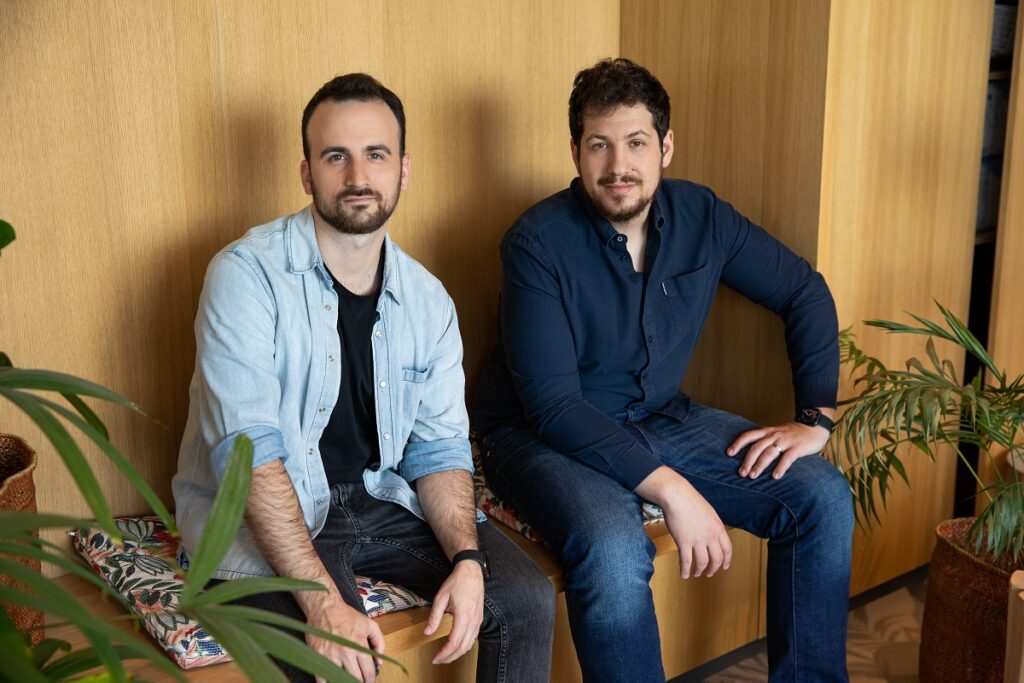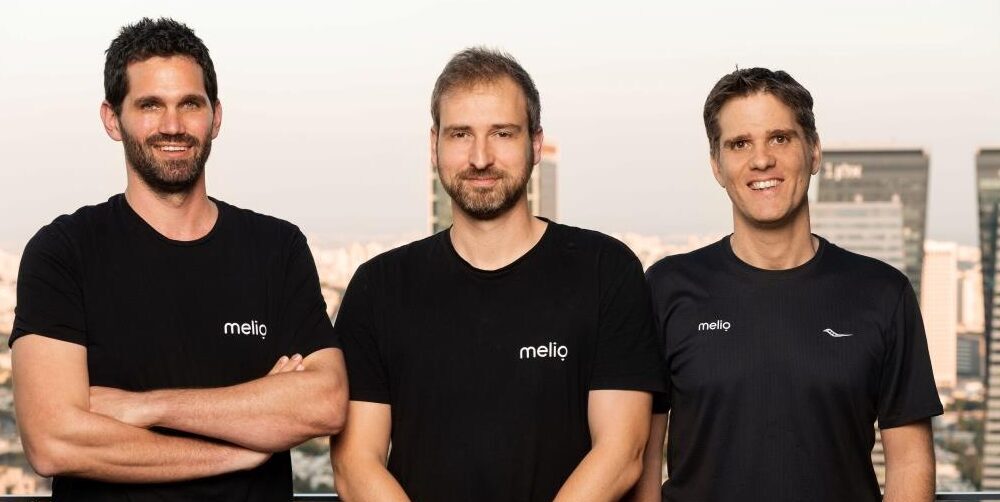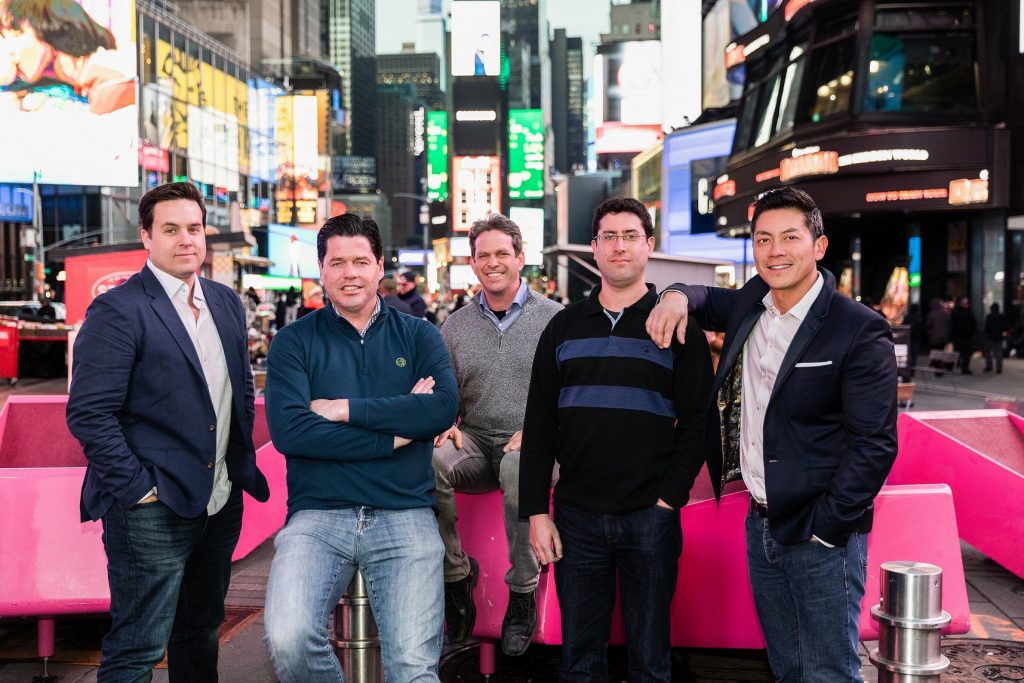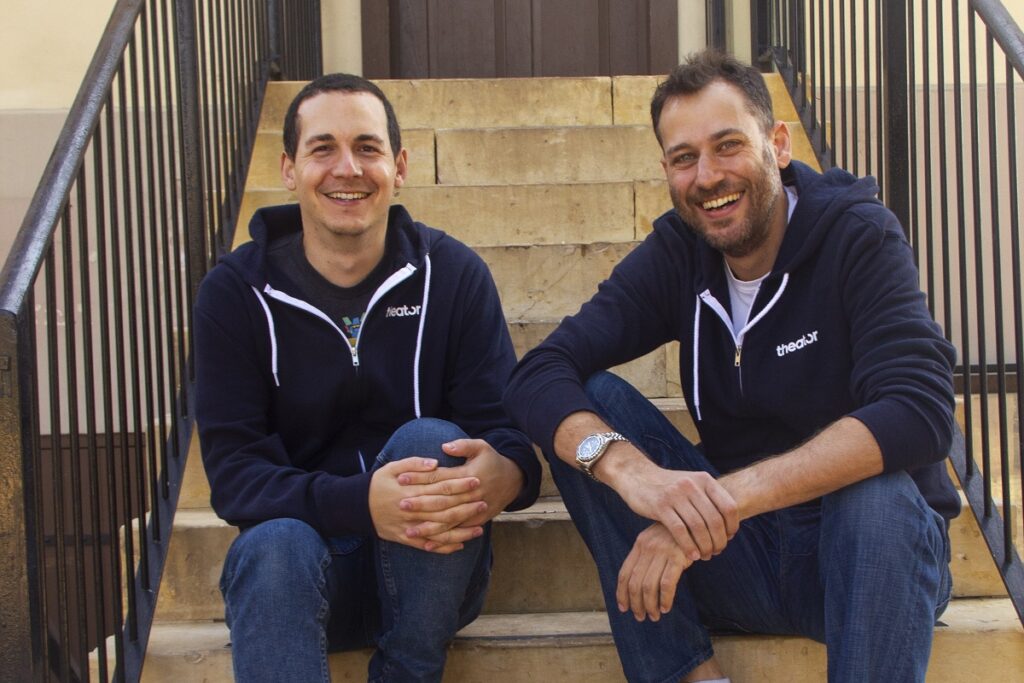Israel’s tech and innovation ecosystem has had a monumental year so far in 2021, breaking funding records and yielding 10 new unicorns – private companies valued at $1 billion or more — just in the first three months of the year, more than any country in Europe. Israeli high-tech activity on public markets also increased significantly this year, a trend reflected in the number of IPOs, SPAC (special-purpose acquisition company) transactions, and follow-on offerings.
“Year in and year out, Tel Aviv’s startup community has proven that it can achieve more than whole countries within its 52km2, thanks to investment in world-class research facilities, robust government support, and an ever-reliable influx of investment,” writes WIRED UK Contributor Allyssia Alleyne in a new post this week highlighting 10 “hottest startups from Tel Aviv as part of the UK edition of the American tech publication’s annual round-up (except in 2020) of Europe’s 100 hottest startups. They include startups and companies from London, Amsterdam, Stockholm, Barcelona, Dublin, Helsinki, Berlin, Paris, and Lisbon.
These 100 companies “are a cohort like no other,” says Greg Williams, the deputy global editorial director of WIRED. “They survived an unprecedented year, embodying what entrepreneurial spirit is all about.”
The companies, featured in the September/October issue on newsstands this month, are not necessarily “the largest, best-known or most-funded,” but they “are generating buzz” and they are organizations “people are talking about and inspired by,” added Williams.
The Tel Aviv entry is a mix of established companies with prominent backers, high-flying unicorns, and determined startups. Many operate in the deep tech sector.
“Tel Aviv has long been known as a place where founders have built innovative companies in verticals such as fintech and cybersecurity. But increasingly, entrepreneurs are growing startups in so-called “deep tech” – technologies based on scientific and engineering breakthroughs,” wrote Alleyne.
Here are the top 10 from Israel, according to WIRED UK.
Deci AI
Deci AI is a Tel Aviv-based startup that provides acceleration of deep learning models, substantially reducing latency and cost-to-serve. It was founded by Yonatan Geifman, Jonathan Elial and Ran El-Yaniv in 2019.
The company says its deep learning platform enables data scientists to transform their artificial intelligence models into production-grade solutions on any hardware, crafting the next generation of AI for enterprises. Its proprietary AutoNAC (Automated Neural Architecture Construction) technology autonomously redesigns an enterprise’s deep learning models to squeeze the maximum utilization out of its hardware, according to the company.
The company raised $9.1 million in a seed round in October 2020 led by Emerge and Square Peg.
Deci was one of the first participants in the Intel Ignite accelerator program in 2019 and announced a collaboration with Intel earlier this year to optimize deep learning inference on Intel Architecture (IA) CPUs. The companies are now partnering to optimize models that run on Intel’s hardware.
In April, Deci was named to the fifth annual AI 100 report of top artificial intelligence companies by New York-based research firm CB Insights.
Amai Proteins
Amai Proteins, a food tech startup that developed a healthier sugar substitute based on proteins, was founded by CEO Ilan Samish in 2016 in a bid to help reduce the harmful effects of sugar consumption. The company, which plans to go to market in 2022, uses computation design and fermentation to develop zero-calorie “designer proteins” that are cheaper, healthier, and sweeter than sugar. Amai means sweet in Japanese.

Amai Proteins is part of The Kitchen FoodTech Hub, an Israeli incubator focusing on food and beverages in collaboration with Strauss-Group, one of the largest international food manufacturers based in Israel, and under the Israel Innovation Authority’s incubators program.
In May, Amai was in the process of moving to a 1,100 square meter facility as it transitions from a proof-of-concept R&D to production R&D. The company says moving to larger, scalable pilot facilities with analytics and a larger food and beverage portfolio will allow the company to test more quickly and in a way that will be easily applicable to food companies. Amai also indicated that it has plans to move into non-sweet proteins and alternative meat in an effort to fix the food system as a whole. The plan is led by Yigal Gezundhait, Amai’s chief operations officer and Shmuel (Sam) Marko, Amai’s VP for Food Technology.
Amai has already partnered with Danone, PepsiCo, and OceanSpray during its R&D phase.
See our in-depth feature on Amai Proteins here.
Artlist
Founded in 2016 by Ira Belsky, Itzik Elbaz, Eyal Raz, and Assaf Ayalon in Kibbutz Afikim, Artlist builds and maintains a catalog of creative digital assets including stock music and sound effects that creative industry producers can use on a subscription basis in videos, games, and music without worrying about copyrights or other legal issues. WIRED calls it a “one-stop-shop for content creators.”
Artlist also owns the website Artgrid, where content creators can access a large catalog of stock footage (video clips).

The company, which is popular with YouTubers and brands like Nike and Netflix, raised $48 million in June 2020 led by global investment firm KKR. US venture capital firm Elephant Partners also participated in the round. The company said at the time that it would use the funds to rapidly expand its digital stock offerings to meet demand.
Artlist acquired multimedia marketplace Motion Array for $65 million last December, bringing its total number of digital assets up to 800,000
Empathy
Ron Gura and Yonatan Bergman launched Empathy earlier this year to provide a new financial technology app and emotional guide to address the needs of people dealing with the death of a loved one including managing bureaucracy, arranging a funeral, and validating a will.

Empathy announced its launch in April with a $13 million seed round co-led by General Catalyst and Aleph.
The app features a simple and intuitive interface and is offered for a one-time flat fee of $65 for any length of time that the service is required. It allows users to safely insert information about the accounts, assets, and documents of the deceased to receive instruction about what to do and when, but also, critically, what can wait.
The company is headquartered in New York and Tel Aviv.

Gura also made the WIRED list in 2011 as a co-founder of the social eCommerce startup The Gift Project, a company acquired by eBay in 2011. He also led WeWork’s R&D Center in Israel, but left the company when it began to face changes.
Check out our feature on Empathy’s work here.
Sign up for our free weekly newsletter
SubscribeGuardKnox
Guardknox is a company founded in 2016 by Israel Air Force veterans Moshe Shlisel (CEO), Dionis Teshler (CTO), and Idan Nadav (VP R&D). The startup says it developed a way to bring cybersecurity approaches used in jets to the automotive industry, adapting core values and methodologies from the Air Force to protect the automotive industry and its customers from critical cybersecurity threats.
Guardknox’s technology analyzes every message entering a vehicle’s network with a zero-trust methodology and immediately rejecting all that is not specifically designated as acceptable.
“The automotive industry is experiencing massive disruption from emerging technologies,” said Shlisel in a statement in 2019. “Paired with increasing customer expectations, companies are under immense pressure to meet client needs and desires for added services, while also providing security solutions that keep pace with passenger safety and data security as well as the ever-changing regulatory environment. We are solving a critical industry pain point and believe our approach to high-performance hardware architecture and secured ECU’s is the best way for companies to ensure the safety of their connected and autonomous vehicles.”
To date, GuardKnox has raised $24 million, including the competition of a $21 million round in June 2019.
Melio
Founded by Matan Bar, Ilan Atias and Ziv Paz in 2018, Melio provides a single, integrated tool that allows small businesses to transfer and receive payments quickly and easily, giving oversight and control over cash flow, eliminating late payment costs, and saving time.
In just three years since its establishment, Melio became a unicorn in January — valued at over $1 billion — after raising over $250 million in two rounds to power its digital payments platform.

The company, according to WIRED, “is to small businesses what Monzo is to consumers, enabling them to send and receive payments using an integrated digital dashboard.”
Papaya Global
Papaya Global, founded by Eynat Guez, Ruben Drong, and Ofer Herman in 2016, is a cloud-based payroll and payment management platform with a vision to reinvent the global payroll, payment, and HR industries.
The company offers an automated, cloud-based SaaS platform that provides a comprehensive solution – from onboarding to ongoing management and cross-border payments – and that meets privacy standards and security regulations (GDPR, ISO, SOC).
Papaya had said its services are used in over 140 countries. Clients include Microsoft, Toyota, and Johnson & Johnson.
In March, Papaya Global became Israel’s first women-led unicorn.
VAST data
Founded in 2016 by Israeli entrepreneurs Renen Hallak and Shachar Fienblit, and based in New York, VAST Data says it is “bringing an end” to complex storage tiering and hard disk drive usage by consolidating applications onto an all-flash storage system, which still enables servers to operate and scale independently.
The company says it is modernizing data centers to prepare for the era of AI computing and is poised to disrupt and transform cloud and AI data centers globally.

Earlier this year, VAST Data raised $83 million in a Series D funding round led by Tiger Global Management at a post-money valuation of $3.7 billion – a tripling of the company’s valuation since April 2020 when it raised $100 million at a value of $1.2 billion. The
The round featured strong participation from US chip giant Nvidia and existing investors.
Theator
Based in Palo Alto, Theator is an Israeli-founded company that works to leverage advanced artificial intelligence and computer vision tech to improve surgeons’ performance. It does so by providing video analytics that enable surgeons to review and assess their work from pre-op preparation to post-op analysis, at different angles.
Theator says it has amassed one of the world’s largest and most comprehensive databases of annotated surgical video material so surgeons “can bolster their own skill sets, and optimally relay best practices to the next generation of physicians – ultimately reducing variability in surgical care.”

The company was set up in 2018 by Dr. Tamir Wolf and Dotan Asselmann.
Last month, Theator announced that it was partnering with the world-leading American academic medical organization, Mayo Clinic, to integrate its systems into a number of the center’s departments.
According to the announcement, the collaboration with the Mayo Clinic will see Theator broaden the capabilities of its surgical intelligence platform for use in the fields of urology and gynecology.
Theator was named among US business magazine Fast Company’s “most innovative companies” in 2021 earlier this year (alongside six other Israeli companies.)
You can read our feature on Theator here.
Soos Technology
Soos Technology is a biotechnology company that developed an incubation system that affects the sex development process in poultry embryos and turns genetic males into functional female chicks.
This is to help put an end to the mass extermination of male chicks by commercial hatcheries that have no use for them during the egg production process.
“This practice involves major animal suffering and abuse, and a huge waste of energy, water, incubation space, and production capacity that could be used to ensure better nutritional security globally,” Soos says.
Soos’ tech uses a patented combination of temperature, humidity, CO2, and sonic vibrations to control the sex development process.
Related posts

Editors’ & Readers’ Choice: 10 Favorite NoCamels Articles

Forward Facing: What Does The Future Hold For Israeli High-Tech?

Impact Innovation: Israeli Startups That Could Shape Our Future




Facebook comments